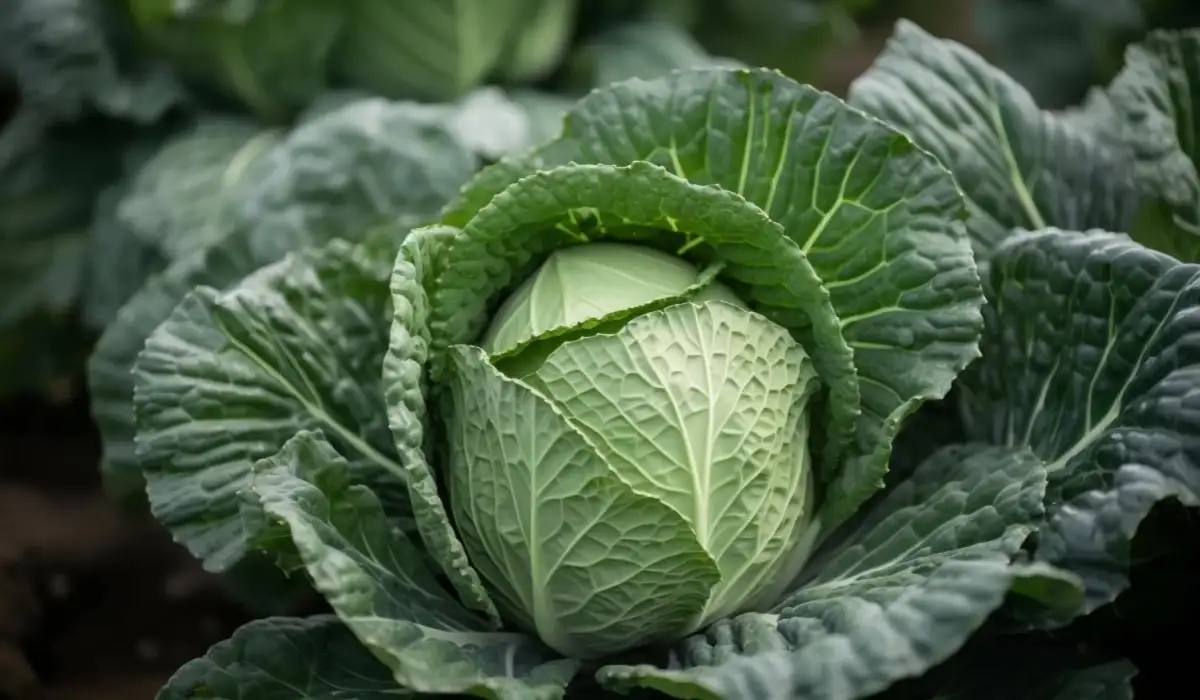Every year on February 17th, we celebrate National Cabbage Day, a day dedicated to appreciating the often underappreciated cabbage. This versatile vegetable holds a wealth of nutritional value and is a key ingredient in many global culinary traditions. The day encourages individuals to try out various cabbage-based recipes and learn more about its amazing health benefits.
From sauerkraut and kimchi to simple boiled cabbage, National Cabbage Day is all about highlighting the varied and wonderful uses of this hearty vegetable.
History of National Cabbage Day
Tracing back the history of cabbage, this leafy green has been a staple for thousands of years. Ancient civilizations, including the Greeks, Romans, and Egyptians, used it for culinary and medicinal purposes. The Greeks even thought that cabbage juice held the power to cure a multitude of illnesses, while the Romans believed it could act as a deterrent to drunkenness.
The vegetable found its way to Europe around 600 BC thanks to the Celts. By the time of the Middle Ages, it had become a crucial part of English cuisine, a trend that remains unchanged even today.
Cabbage is now celebrated in diverse culinary traditions across the world. From German sauerkraut to Korean kimchi, it has proved its adaptability and nutritional worth.
National Cabbage Day serves as a reminder of the importance of maintaining a healthy diet and appreciating the cultural significance of this leafy vegetable. The day is usually observed by preparing dishes featuring cabbage, exploring new ways to cook it, or taking a moment to delve into the fascinating history of this underestimated gem of a vegetable.
National Cabbage Day Timeline
Cabbage Cultivation Begins
Cabbage is believed to have been domesticated around this time in the Mediterranean and Asia Minor area.
Use in Medicine
Greek physician Dioscorides mentions the medical properties of cabbage in his five-volume encyclopedia on herbal medicine, De Materia Medica.
Cabbage Staples
Cabbage becomes a staple in the European diet during the Middle Ages.
Introduced to the New World
Jacques Cartier, a French explorer, brings cabbage to the New World during his second voyage.
Cabbage Soup Diet
Cabbage-based diets become popularized during times of famine and hardship.
Global Cultivation
Cabbage is now cultivated worldwide as a staple vegetable crop.
Ideas to Celebrate National Cabbage Day
Cabbage Cook-Off
Gather your loved ones and host a friendly cooking competition, highlighting cabbage as the star of each dish. Attendees can sample each creation and vote for their favourite.
Cabbage Workshop
Arrange a session that emphasizes the significant health advantages of cabbage, garnished with cooking demonstrations showcasing how to incorporate this vegetable into regular meals.
Farm Visit
Plan a trip to a local cabbage-growing farm. This unique field trip provides insight into the process of farming cabbages - from sowing seeds to harvesting the mature vegetables.
Cabbage Salad Contest
Promote healthy eating by initiating a salad competition where the featured ingredient is cabbage. This can be paired with an informative talk on the nutritional value of leafy vegetables.
Cabbage Themed Dinner
Host a festive dinner where every dish on the menu features cabbage - from appetizers to main courses - a creative and delicious way to pay tribute to National Cabbage Day.
7 Interesting Facts About Cabbage
Cabbages are Ancient
Cabbages have been cultivated for more than 4,000 years and domesticated for over 2,500 years. Although they were introduced to America in 1541, cabbage seeds were among the first crops planted in the country in 1609.
Cabbage and World Records
The largest cabbage ever recorded weighed an incredible 138.25 pounds and was grown by Scott A. Robb of Palmer, Alaska. This massive vegetable broke the world record in 2012.
Cabbages in Medicine
In ancient times, the Greeks recommended consuming cabbage as a laxative, and they used cabbage juice as an antidote for mushroom poisoning. It was also used for relieving gout, headaches, and the symptoms of melancholy.
Cabbages and Their Family
Cabbages are part of the 'Brassica' family. This means they're closely related to broccoli, cauliflower, and Brussels sprouts. Many of these vegetables can be cut and cross-bred to create new types of plants.
Global Consumption of Cabbage
Russia leads the world in cabbage consumption. On average, Russians eat up to seven times more cabbage than the average North American.
Nutritional Content of Cabbages
Cabbage is a low-calorie vegetable that is rich in vitamins and minerals. It's a good source of Vitamin K and C, and also provides fiber, Vitamin B6, Folate, and Manganese, among other nutrients.
Cabbage and Sauerkraut
When fermented, cabbage becomes a popular food product called sauerkraut. The word 'sauerkraut' means 'sour cabbage' in German. This fermentation process adds additional health benefits like probiotics.
National Cabbage Day FAQs
Next National Cabbage Day Dates
| Year | Date | Day |
|---|---|---|
| 2023 | February 17th | Friday |
| 2024 | February 17th | Saturday |
| 2025 | February 17th | Monday |
| 2026 | February 17th | Tuesday |
| 2027 | February 17th | Wednesday |
| What is the pattern? | Every February 17th | |
National Cabbage Day Word Search
- Cabbage
- Green
- Purple
- Vegetable
- Healthy
- Nutrient
